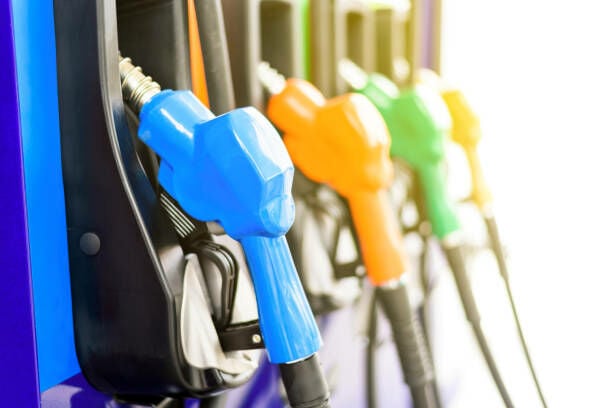Fuel dispensers’ accuracy standards to tighten in Thailand

The Internal Trade Department of the Commerce Ministry is set to tighten the accuracy standards for fuel dispensers at petrol stations. The new directive seeks to lower the margin of error to ensure that consumers receive fair and accurate fuel measurements. The department expects to enforce the new criteria within the next one to two weeks.
Chakra Yodmani, the department’s deputy director-general, stated that the directive came from Commerce Minister Phumtham Wechayachai, who tasked the department with revising the margin of error for fuel dispensers. As part of the process, the department engaged with various stakeholders and incorporated their feedback into the discussions of the Committee for Weights and Measures, led by the permanent commerce secretary.
The ministry recently made two key amendments to the specifications and characteristics of measuring meters, fluid volume, and material details used in production. The first change involved decreasing the margin of error for inspection in the certification of fuel dispensers from ±0.5% to ±0.3%. The margin of error during use has also been lowered from ±1% to ±0.5%, reported Bangkok Post.
The second amendment involves reducing the certification validity period from two years to one year. This change will increase the frequency of inspections, thereby reducing the likelihood of errors.
According to Chakra, the new directive is currently being published in the Royal Gazette for the benefit of the public and relevant business entities. The Energy Ministry, oil traders, and various fuel stations have already been notified about the upcoming changes.
To further ensure compliance, Minister Phumtham appointed provincial commercial officials and civil servants under the Weights and Measures Act of 1999 to bolster the inspection of fuel dispensers at petrol stations. This move supplements the inspections conducted by the 32 regional branches of the Weights and Measures Office.
This year, the department has inspected 2,231 petrol stations, covering 34,907 dispensers. Out of these, 2,217 stations with 34,885 dispensers were found to comply, while 14 stations with 22 dispensers were in violation. Violations ranged from lack of certification or expired certification to errors in fuel dispensing. Legal action has been pursued for these violations, with penalties including imprisonment and fines up to 280,000 baht (US$7,791).
In related news, the global oil market saw regionalisation due to Red Sea attacks and high freight rates, impacting trade flows and pushing prices up. Geopolitical tensions continue to pose challenges for refiners.
Latest Thailand News
Follow The Thaiger on Google News:


























